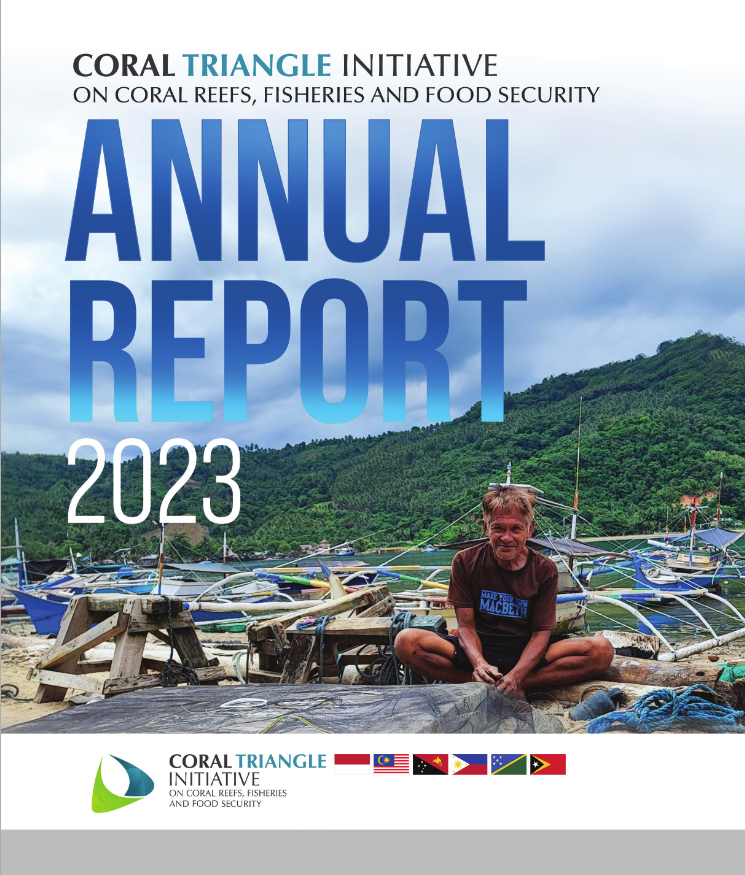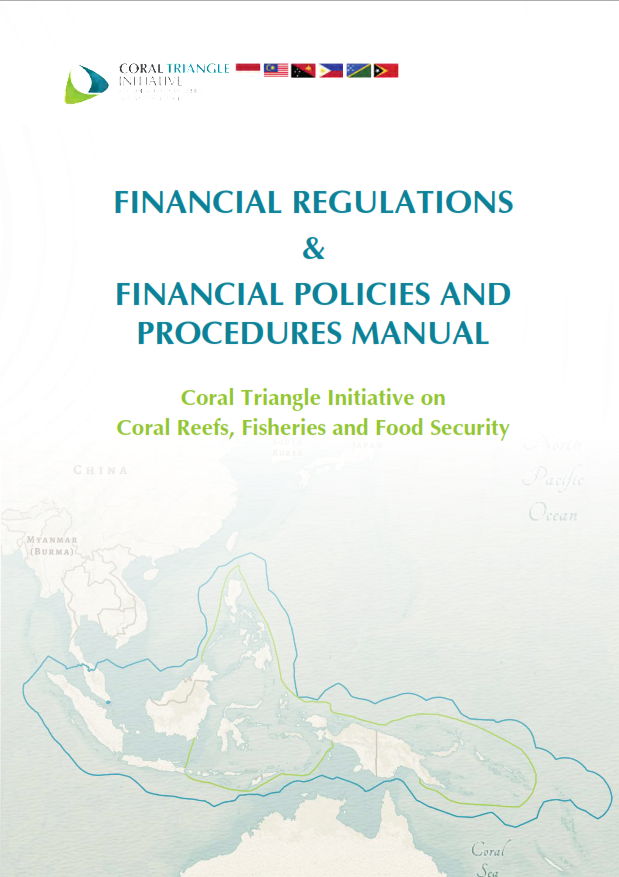Indonesian Universities Adopt and Endorse Coral Governance Book
Two universities in eastern part of Indonesia - the University of Haluoleo (UHO) in Kendari, Southeast Sulawesi and the University of Pattimura (UNPATI) in Ambon, Mauluku - have endorsed the Coral Governance book and adopted it as part of their undergraduate and post-graduate curricula.
The adoption and endorsement of the universities happened after two Training of Trainers were held in the universities in January 2014. The trainings were organized by the Indonesia CTI-CFF National Coordinating Committee (NCC) as part of an effort to introduce and socialize the book to universities throughout the country.
At UHO, the event was attended by faculty members such as Vice Rector Dr. Ir. He Rianda, who noted in his opening speech that the university plans to incorporate the book into the marine science and fisheries departments’ undergraduate and post-graduate curricula.
In Ambon, UNPATI Rector Dr. Thomas Pentury underscored the importance of the book and said that the university will adopt the Coral Governance book for its post-graduate programs. The training was attended by faculty and staff of the Marine and Fisheries Services of Province of Maluku, UNPATI faculty members, and experts from Indonesia CTI-CFF NCC and the Coral Triangle Center.
During the training at UHO, Dr. Victor Nikijuluw former Executive Secretary of the Indonesia CTI-CFF NCC, said the book answers the question: "How are we able to respond to the threats to sustainability of Indonesia's coral reef ecosystems through conservation and at the same time promote the welfare of the people who depend directly or indirectly on reef ecosystems?"
The book shows that such issues can only be solved through the joint efforts of all parties concerned using all the tools of coastal management. More specifically, solutions must be based on trans-disciplinary approaches which are adaptive in the context of coral reef ecosystems. Such approaches should cover both the ecological aspects of coral reefs as well as factors related to the social and economic dynamics of communities that depend on coral reef ecosystems. In addition, ecological and socio-economic dynamics should be anticipated within a framework that ensures management sustainability of coral reef ecosystems and the welfare of society.
The book is currently available in Bahasa Indonesia. For queries about the book, send an email to ncc.indonesia@cticff.org



